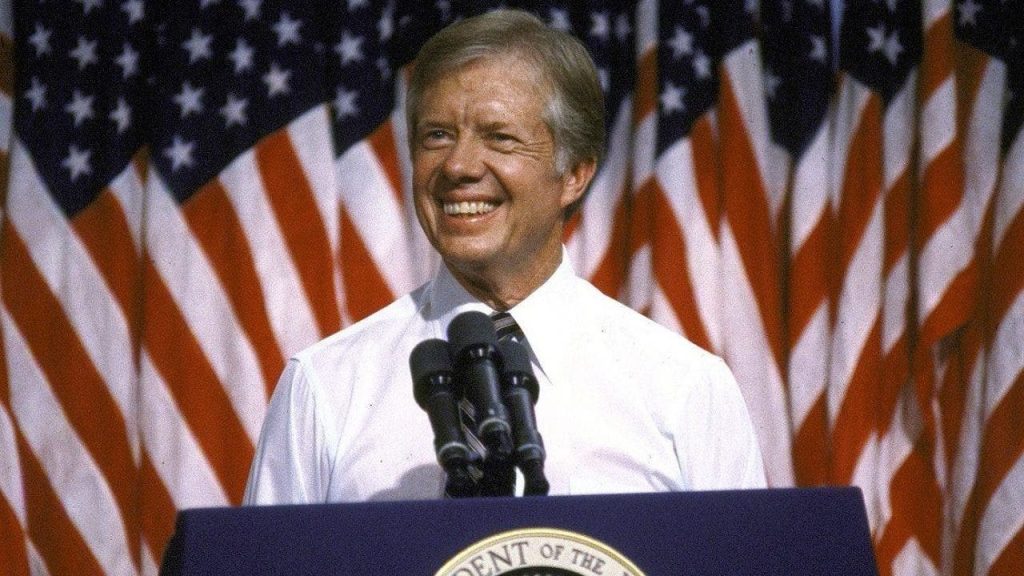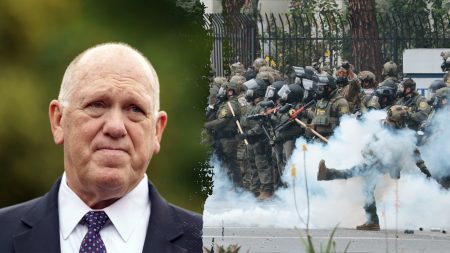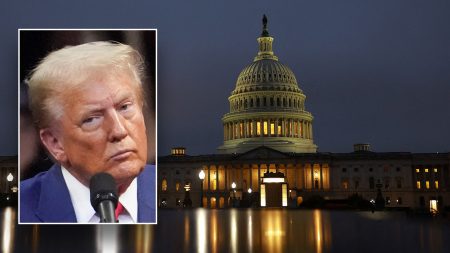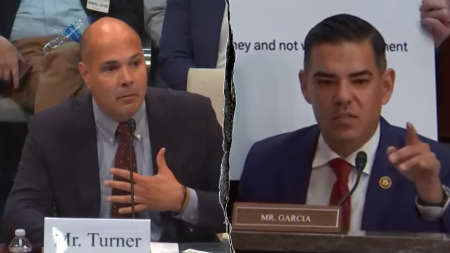Former President Jimmy Carter, the 39th president of the United States and the longest-lived president in American history, passed away at the age of 98, prompting an outpouring of tributes from across the political spectrum. Leaders from both parties lauded Carter’s commitment to public service, his deep faith, and his unwavering dedication to human rights and humanitarian efforts both during and after his presidency. Carter’s legacy as a man of integrity and humility resonated deeply with many, transcending political divides and highlighting his impact on American society and the world.
Georgia, Carter’s home state, expressed particular sorrow and pride in the former president’s life and accomplishments. Gov. Brian Kemp noted Carter’s unique position as the only Georgian to ascend to the presidency, emphasizing his strong connection to the state and its values. Other Georgia officials, including Lt. Gov. Burt Jones and state legislative leaders, echoed these sentiments, praising Carter’s servant leadership and his dedication to the well-being of others. Stacey Abrams, a prominent Democratic figure in Georgia, highlighted Carter’s kindness and grace, emphasizing his commitment to treating everyone with respect and dignity.
Beyond Georgia, tributes poured in from governors and political figures across the nation. Many emphasized Carter’s principled approach to leadership, his dedication to peace and human rights, and his unwavering commitment to service. Governors from both Republican and Democratic states praised Carter’s character and his contributions to the country, illustrating the broad respect he commanded. Some highlighted specific aspects of his legacy, such as his work with Habitat for Humanity, his efforts to promote democracy and human rights globally, and his commitment to eradicating diseases through the Carter Center.
The tributes emphasized Carter’s multifaceted legacy. He was recognized as a peanut farmer, a naval officer, a Sunday school teacher, a president, and a global humanitarian. These diverse roles contributed to a life of purpose and service, inspiring others to follow in his footsteps. Many described him as a role model and a source of inspiration, emphasizing his commitment to living a life guided by faith, compassion, and a genuine desire to make a positive difference in the world. His post-presidency work with the Carter Center, particularly in promoting peace and addressing global health challenges, garnered widespread admiration and cemented his legacy as a humanitarian.
The outpouring of grief and respect following Carter’s passing underscored the profound impact he had on American society and the world. He was remembered not just for his time in the Oval Office, but for his lifelong dedication to service and his unwavering commitment to his values. Carter’s humility, integrity, and compassion were frequently cited as defining characteristics, setting him apart as a leader who prioritized the needs of others above his own. His legacy as a champion for peace, human rights, and social justice continues to inspire generations of leaders and citizens alike.
In a political climate often characterized by division and partisanship, the universal praise for Jimmy Carter served as a testament to his ability to transcend political boundaries and unite people around shared values. His life and work stood as a powerful reminder of the importance of integrity, humility, and service in leadership, and his legacy will continue to inspire future generations to strive for a more just and compassionate world. The widespread recognition of his character and accomplishments solidified his place as a truly remarkable figure in American history, one whose impact extended far beyond the realm of politics.










